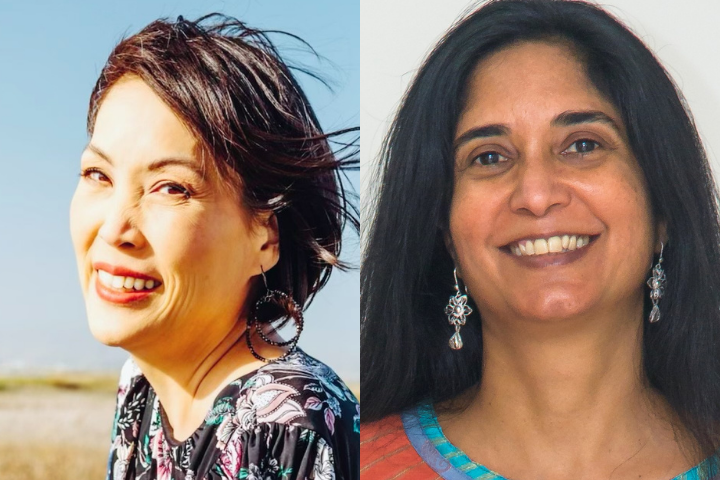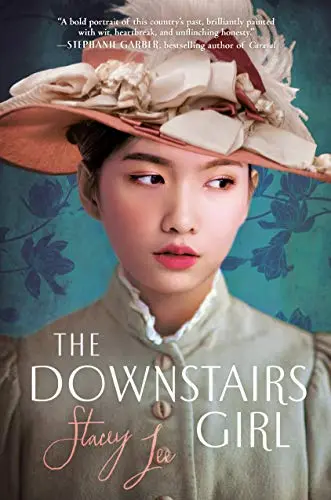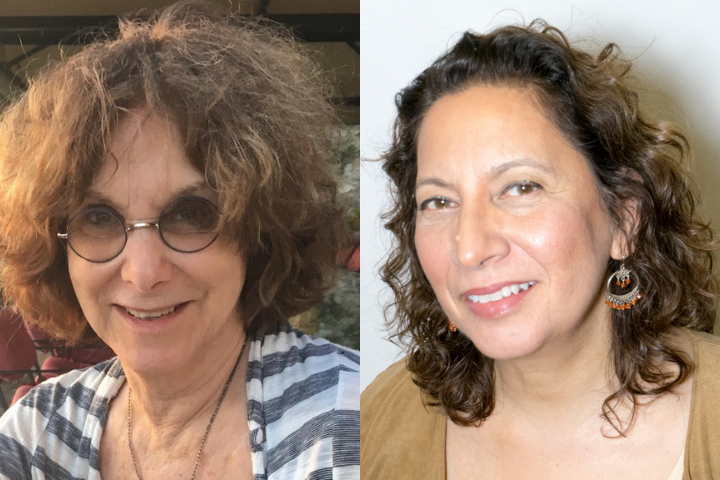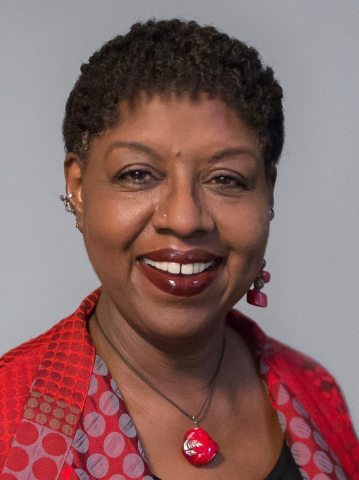
PEN America’s Children’s and Young Adult Books Committee (CYAB), a Members’ coalition of award-winning writers and illustrators and dedicated readers who meet monthly, is responding to recent efforts to ban books and intimidate teachers and librarians with PEN Pals. This series of articles gives voice to the challenged creators of books for children and young adults through an exchange of nuanced conversations that illuminate today’s issues. We welcome you to read and discuss the content with your networks. We also encourage you to join PEN America and support free expression.
—Fatima Shaik, CYAB co-chair

PADMA VENKATRAMAN: In some ways, this year was surely a high point in terms of commercial success (with The Downstairs Girl making The New York Times Best Sellers list). Then again, I am sure the news that this book was on the list of challenged books was a shock. Do you have any guesses as to why this happened?
STACEY LEE: It was a big surprise to me, to be honest. I found out through Twitter. My best guess has to do with the fact that I write historical fiction, and anything historical in the United States involving Chinese inevitably brings up the issue of the Chinese Exclusion Act. With critical race theory being such a controversial topic, people might be uncomfortable with learning that Chinese were discriminated against by federal law for over 60 years? Or perhaps The Downstairs Girl was selected for this highly coveted list because of the controversial nature of my heroine’s advice column. The Downstairs Girl is about a Chinese girl who secretly becomes the Dear Abby of Atlanta, writing columns about hot-button issues, like whether women should ride bicycles or initiate a date, for example. Scandalous stuff!
VENKATRAMAN: I know you’re joking. But seriously, you strive to bring alive aspects of Asian American history that have been hidden from public view. Can you speak about the need filled by books like yours?
LEE: The more books representing our diverse cultures we have on our shelves, the more we can break stereotypes, and the more we can learn about our similarities as humans. Asian Americans have been a part of the fabric of America since our country’s beginnings, building infrastructures, railroads, and bridges. I recently learned they provided the labor for building our wine country in Napa Valley. People don’t know that because books and media have focused on the white man’s journey for so long. Reading the stories and viewpoints of all the many cultures and ethnicities that make up America can bring us closer as a nation, by showing we are not “others”—we are each other.
“The more books representing our diverse cultures we have on our shelves, the more we can break stereotypes, and the more we can learn about our similarities as humans. . . . Reading the stories and viewpoints of all the many cultures and ethnicities that make up America can bring us closer as a nation, by showing we are not ‘others’—we are each other.”
—Stacey Lee
VENKATRAMAN: How have other Asian American authors inspired you, and what are your dreams and hopes for your work—in terms of the perhaps invisible impact it may have on future generations of readers and writers?
LEE: I’m most inspired by the Asian American authors who write about the everyday struggles, like Cynthia Kadoata, whose Newbery-winning Kira-Kira focuses on a young Japanese girl growing up in the South whose parents are factory workers, and Gus Lee, whose China Boy is about a Chinese boy who learns to box to protect himself from the bullies on the mean streets of his San Francisco neighborhood. For most of us, it’s the everyday struggles that are most relatable, and stories like these humanize Asian Americans. I definitely want my stories to be relatable, and ultimately, an experience in triumph for my readers. That doesn’t always mean a happy ending, but it does mean a resilient one.
Stacey Lee is The New York Times bestselling author of young adult fiction, including The Downstairs Girl, a Reese’s Book Club Late Summer 2021 YA pick, and her most recent novel, Luck of the Titanic. A native of southern California and fourth-generation Chinese-American, she is a founder of the “We Need Diverse Books” movement.
Dr. Padma Venkatraman is the author of Born Behind Bars, named a best book for 2021 by The Boston Globe, School Library Journal, and Kirkus Reviews, and a Parents Magazine book club pick. The Bridge Home was a winner of the Walter Award, SCBWI Golden Kite Award, South Asia Book Award, and more. It has been translated into Farsi, Vietnamese, Korean, Romanian, Japanese, and French.





